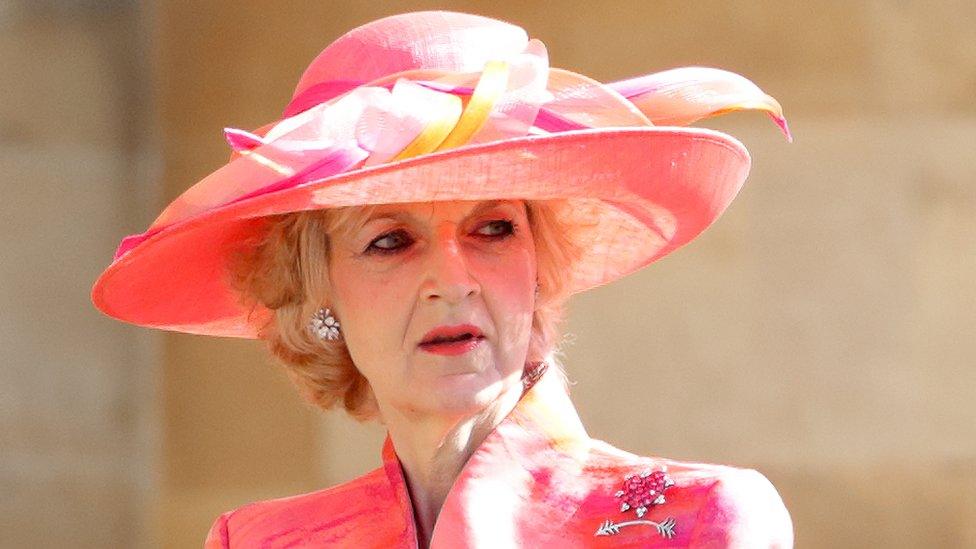Divorce law shake-up tabled in Commons
- Published
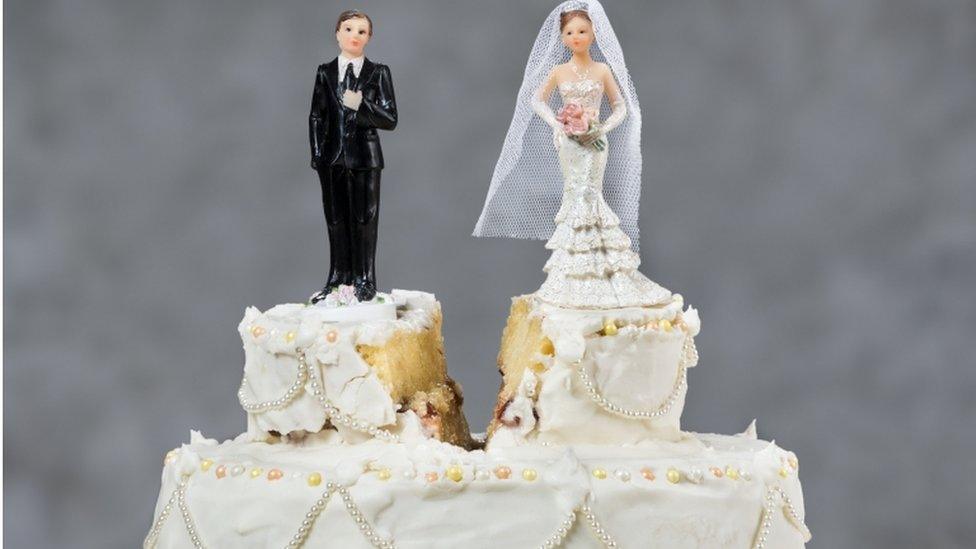
Legislation aimed at reducing "mudslinging" between divorcing couples in England and Wales has been tabled in the Commons.
The Divorce, Dissolution and Separation Bill is the biggest shake-up of divorce laws in 50 years, says the government.
Currently, one spouse must allege adultery or unreasonable behaviour by the other for divorce proceedings to start straight away.
This creates upset and can be damaging to children involved, say ministers.
In the bill passes, spouses will only have to state that the marriage has broken down irretrievably - which can be a joint statement.
It would also stop one partner refusing a divorce if the other one wanted one and introduces a minimum timeframe of six months from petition stage to decree absolute - the legal document that ends a marriage.
Currently, "fault-based" divorces - where there are allegations of adultery or unreasonable behaviour - can take as little as three to six months.
But "no-fault" divorces can take much longer - with couples having to prove they have been living apart for at least one year in Scotland, and at least two years in the rest of the UK.
Living apart can include living in the same house, provided people are not sharing a bed or living as a couple.
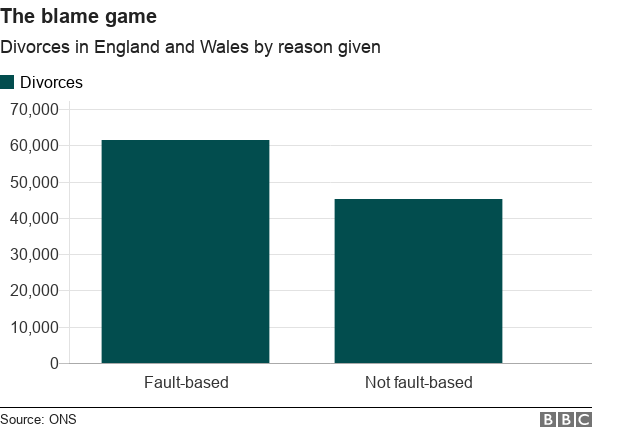
The government says the bill has cross-party support and hopes its passage through Parliament will be smooth.
Justice Secretary David Gauke said: "Marriage will always be a vitally important institution in society, but when a relationship breaks down it cannot be right that the law adds fuel to the fire by incentivising couples to blame each other.
"By removing the unnecessary mudslinging the current process can needlessly rake up, we'll make sure the law plays its part in allowing couples to move on as amicably and constructively as possible."
The changes follow the Supreme Court's rejection of a woman's appeal for divorce after her husband refused to agree a split.
Tini Owens, 68, from Worcestershire, wanted to divorce her husband of 40 years, on the grounds that she was unhappy.
But husband Hugh refused to agree to it and the Supreme Court unanimously rejected her appeal.
It meant the couple must remain married until 2020.
- Published10 March 2019
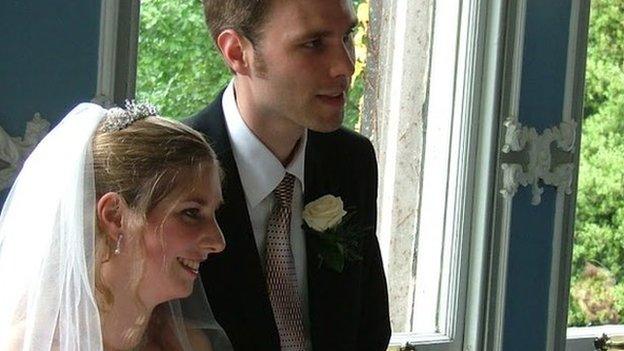
- Published4 January 2019
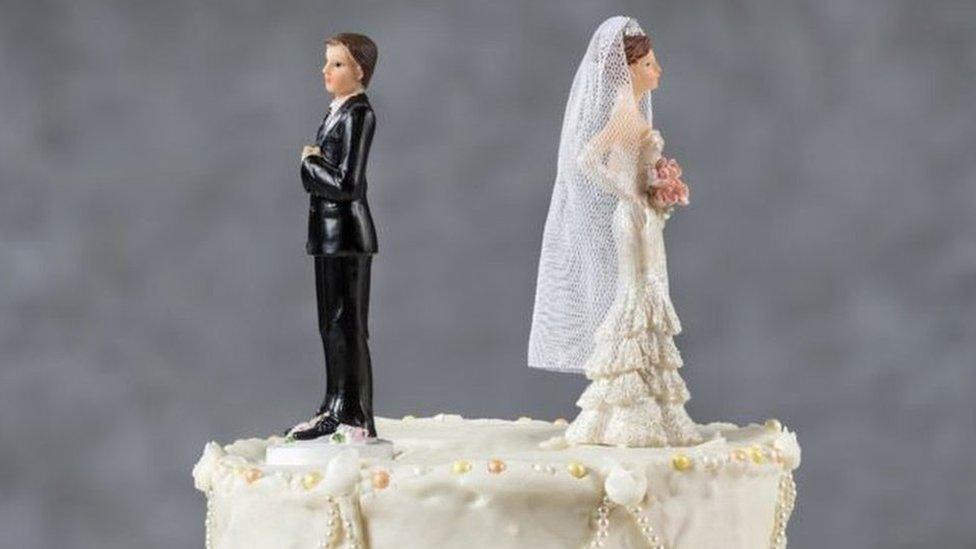
- Published25 July 2018
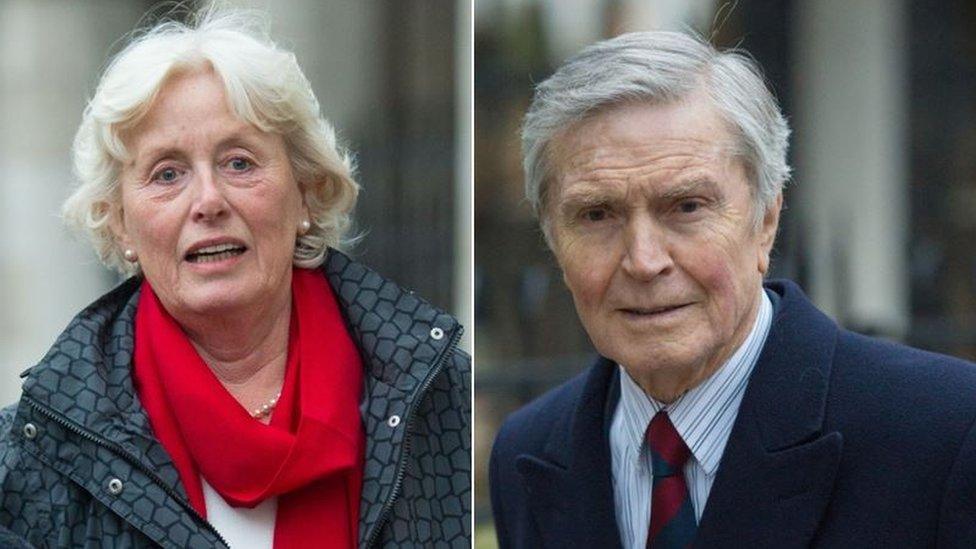
- Published30 July 2018
